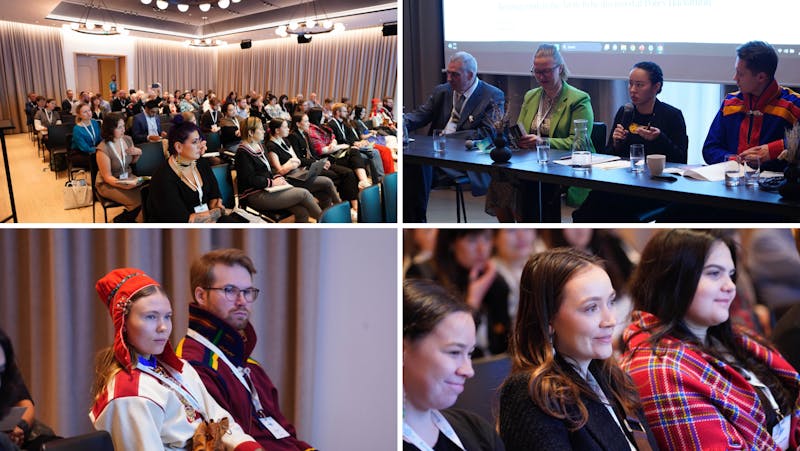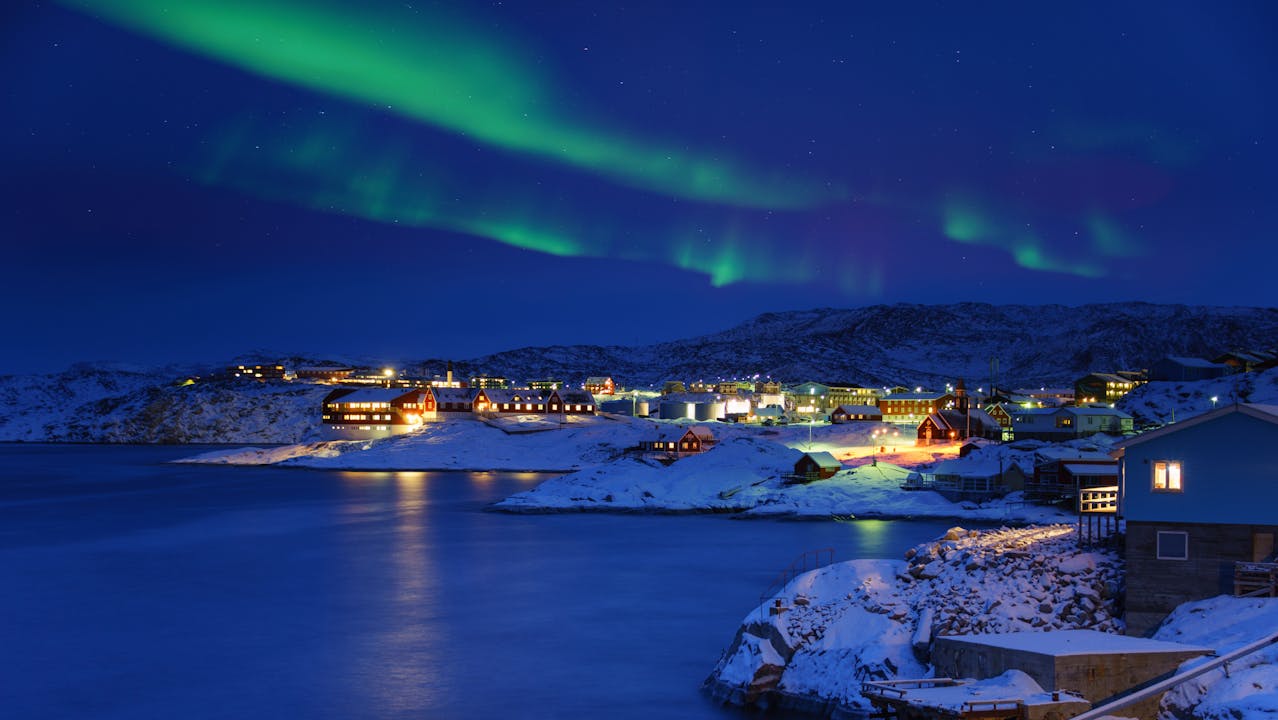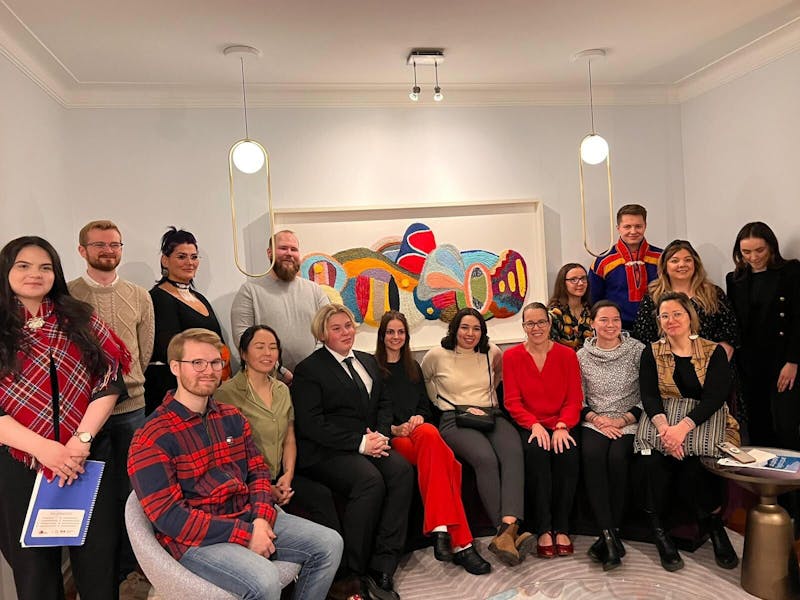Good public policy development centres the experiences of the communities it impacts. However, in the Arctic, as elsewhere, policy decisions often come from outside the region. The emerging leaders who took part in the second Arctic Policy Hackathon in Reykjavík last year set out to help change that. Policy Hackathons engage diverse groups of people who are passionate about driving solutions for pressing policy issues. Participants discuss, question, challenge and brainstorm ideas, and develop creative policy recommendations for a broad audience. It is an alternative model for developing policy, drawing on the value of lived experiences, in this case, the experiences of young people living in the Arctic. After several generative Northern Policy Hackathons hosted with stakeholders across Canada’s North, The Gordon Foundation adapted the model to a circumpolar setting at the first Arctic Policy Hackathon in 2022.
Following the success of the first international iteration, we, along with our partners at the Arctic Mayors’ Forum and Global Affairs Canada, hosted the second Arctic Policy Hackathon ahead of the Arctic Circle Assembly in October 2023. Sixteen emerging leaders from Arctic Indigenous and local communities in Finland, Norway, Sápmi, Iceland, Greenland, Canada and Alaska joined us in Reykjavík for two intense days of policy development, after which many stuck around to participate at the Assembly.
Hosting emerging leaders at the Policy Hackathon provides Arctic states and stakeholders with the opportunity to engage the next generation, bring new voices to the forefront, and encourage current leaders to listen with open minds to cutting edge policy recommendations on a crucial issue facing the Arctic. At the Policy Hackathon, participants addressed the topic of the Future of the Arctic: Keeping Next Generation Leaders in the Arctic. This was chosen as the next generation hold a critical stake in ensuring long-term community resilience. However, in many Arctic communities and countries, young people are moving away for a variety of social, economic, and environmental reasons.
Participants first decided what three areas to focus their recommendations on. As one of our broader topics compared to previous Policy Hackathons (such as Food Sovereignty, Housing, or Traditional Food), narrowing the theme was no easy task, with many possibilities that could be explored. As a full group, each person shared what attracted them to live in the Arctic. This generative discussion set the tone for the rest of the event, allowing participants to ground the recommendations in their own desires to stay or move to the Arctic. Once the themes - Culture and Community, Sustainable Development, and Holistic Wellness - were selected, participants began brainstorming and developing recommendations in their thematic groupings.
On the second day, participants were addressed by Robert Sinclair, Senior Arctic Official (SAO) and Director General, Arctic, Eurasian and European Affairs (Government of Canada) over a lunch-and-learn. Sinclair offered advice on the process of informing policy and took questions from participants as they shifted to finalizing their policy recommendations.
In the final hours of the Policy Hackathon, participants found consensus on their opening statement and recommendations under the three themes, then painstakingly refined and finalized the document to get it printed by the end of the day. The tight timeline was due to two Hackathon participants presenting this policy document on a panel at the Arctic Circle Assembly the following morning. Anyone familiar with the usual pace of the policy-making process knows this is quite a feat! Many Assembly attendees at our panel and others who grabbed a copy of the policy recommendations booklet were astounded by this quick turnaround.


